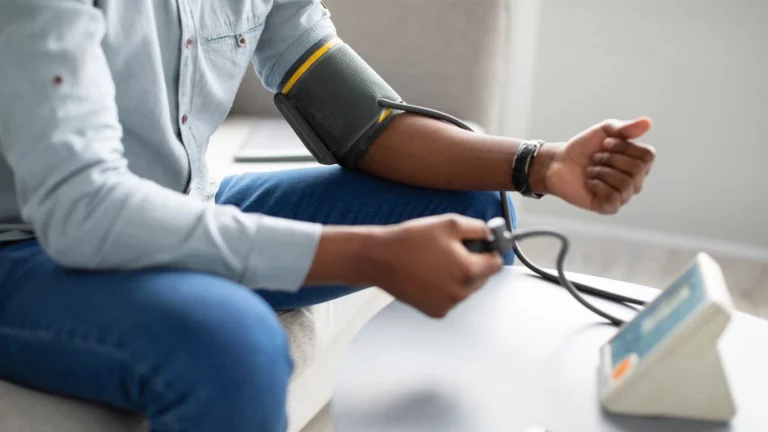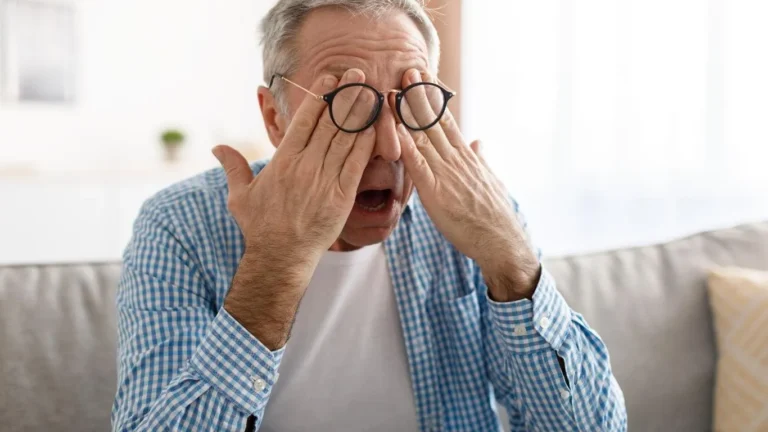Managing GERD and Pain When Burping: Simple Relief Tips
Living with GERD can be frustrating. For some, the condition brings an unexpected symptom—pain when burping. While it might seem like a small issue, this type of discomfort can interfere with daily life and add emotional strain. Understanding why it happens is the first step toward feeling better.
This article offers a clear and compassionate look at why GERD might cause pain during burping, what it means, and how to manage it. Whether you’ve just started noticing symptoms or have been managing reflux for years, the goal here is to offer reassurance, clarity, and helpful next steps.
What Is GERD?
GERD stands for gastroesophageal reflux disease. It happens when stomach acid regularly flows back up into the esophagus—the tube that connects your mouth to your stomach. This backflow is often called acid reflux.
Over time, this acid can irritate the lining of the esophagus, leading to symptoms that range from mild to quite uncomfortable. Pain while burping is one symptom that can catch people off guard.
Signs and Symptoms
GERD presents in many different ways. For some, it’s the classic burning sensation in the chest. For others, the signs are subtler.
- Burning feeling in the chest (heartburn), especially after meals
- Regurgitation of food or sour liquid
- Chronic cough or throat clearing
- Sensation of a lump in the throat
- Pain or discomfort when burping
- Frequent burping or bloating
Burping itself is normal—it’s the body’s way of releasing excess air. But when it becomes painful, especially with GERD, it may point to more inflammation or sensitivity in the esophagus.
Why Does GERD Cause Pain When Burping?
Pain during burping isn’t always easy to explain. It can stem from different sources, and understanding the root cause can make treatment more effective.
- Irritated esophageal lining: Repeated exposure to acid can inflame or damage the esophagus, making it sensitive to movement or pressure during a burp.
- Hiatal hernia: This occurs when part of the stomach pushes through the diaphragm. It’s often linked to GERD and can increase discomfort when burping.
- Air swallowing (aerophagia): Taking in too much air while eating, drinking, or even talking can lead to excessive burping and pressure, which may feel painful when GERD is also present.
- Muscle tension: Some people unconsciously tense chest or throat muscles when they feel a burp coming on, especially if they associate it with discomfort.
Studies have shown that chronic reflux can lead to hypersensitivity in the esophagus, meaning even normal sensations—like a burp—can feel painful.
When to Get Help
Occasional discomfort may not be a cause for concern. But consistent pain when burping, especially alongside other GERD symptoms, deserves medical attention.
- Burping becomes painful daily or nearly every day
- You feel chest pain that doesn’t go away or worsens
- There’s unexplained weight loss or difficulty swallowing
- Symptoms persist despite over-the-counter medications
- Burping is followed by a sour taste or regurgitated food
If any of these signs sound familiar, it’s important to talk with a healthcare provider. While GERD is manageable, untreated symptoms can lead to complications over time.
Treatment Options
Managing pain when burping starts with addressing the underlying GERD. Treatment plans often involve a combination of lifestyle changes, medications, and sometimes medical procedures.
Lifestyle Changes
- Eat smaller, more frequent meals
- Avoid trigger foods like spicy, fatty, or acidic meals
- Stay upright for at least two hours after eating
- Raise the head of your bed if symptoms occur at night
- Limit caffeine, alcohol, and carbonated beverages
- Practice slow, mindful eating to reduce swallowed air
These adjustments may seem small, but they can make a big difference in reducing reflux and easing painful burps.
Medications
- Antacids: Provide quick relief by neutralizing stomach acid
- H2 blockers: Reduce acid production (e.g., famotidine)
- Proton pump inhibitors (PPIs): More potent acid reducers for long-term control (e.g., omeprazole)
It’s best to use these medications under a doctor’s guidance, especially if symptoms are long-term or come with side effects.
Additional Therapies
- Speech therapy or behavioral therapy: For those who habitually swallow air or tense muscles when burping
- Diagnostic tests: Such as an upper endoscopy or esophageal pH monitoring to better understand the cause
- Surgical options: For severe GERD, procedures like fundoplication may help restore the barrier between stomach and esophagus
Emotional and Mental Wellbeing
Living with chronic discomfort, even something like painful burping, can wear on your mental health. It’s okay to feel frustrated or even anxious about your symptoms.
Try to:
- Track symptoms in a journal to identify patterns
- Practice calming techniques like deep breathing or gentle yoga
- Reach out to support groups or online forums
- Talk to a therapist if the emotional weight becomes too heavy
Taking care of your emotional health is just as important as managing physical symptoms. You deserve support in both areas.
Moving Forward
Pain when burping might seem like a minor issue, but it can be a signal that your body needs some care and attention. GERD is manageable, and with the right support, symptoms often improve.
Remember, you’re not alone. Many people experience the same discomfort—and many find relief with small changes and medical help. If you’re unsure where to start, a simple conversation with your doctor can help guide the way.
Trust your body. Trust the process. And take things one step at a time.

Camellia Wulansari is a dedicated Medical Assistant at a local clinic and a passionate health writer at Healthusias.com. With years of hands-on experience in patient care and a deep interest in preventive medicine, she bridges the gap between clinical knowledge and accessible health information. Camellia specializes in writing about digestive health, chronic conditions like GERD and hypertension, respiratory issues, and autoimmune diseases, aiming to empower readers with practical, easy-to-understand insights. When she’s not assisting patients or writing, you’ll find her enjoying quiet mornings with coffee and a medical journal in hand—or jamming to her favorite metal band, Lamb of God.







